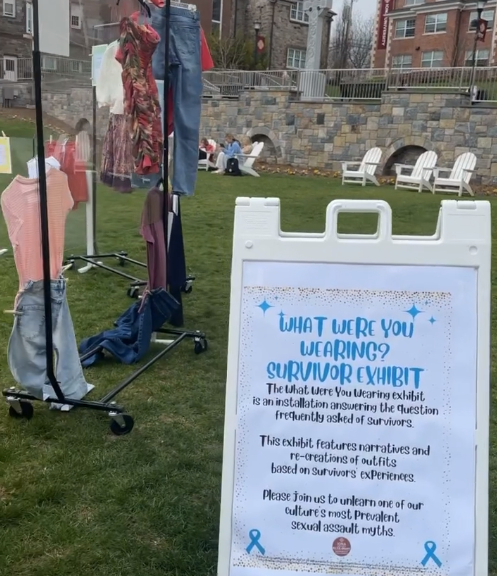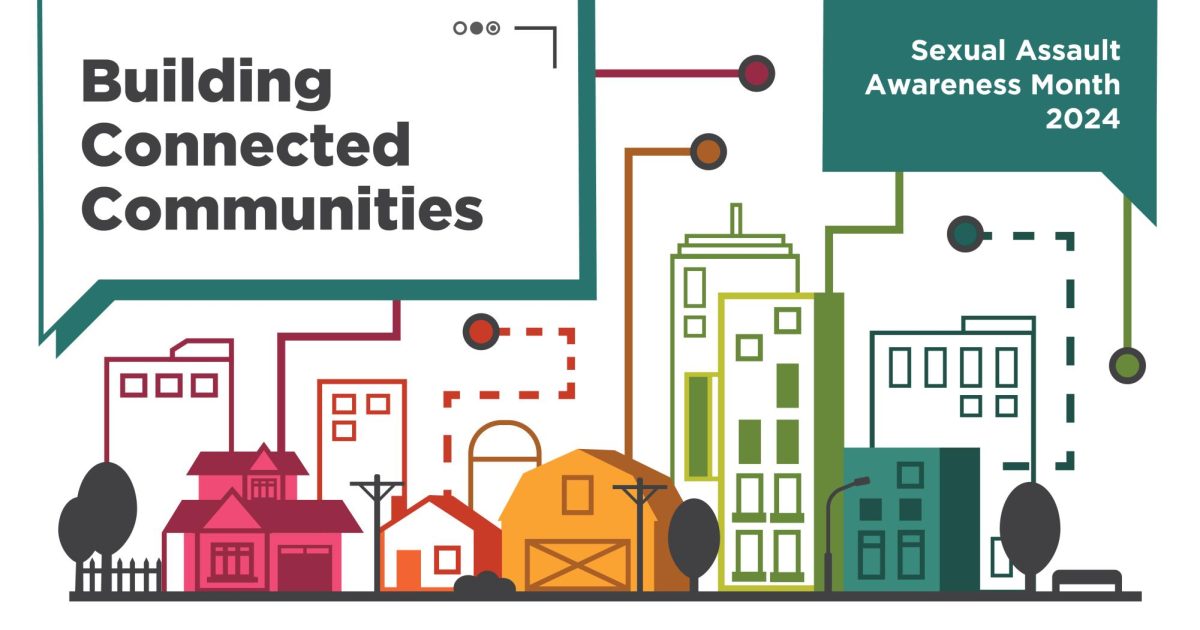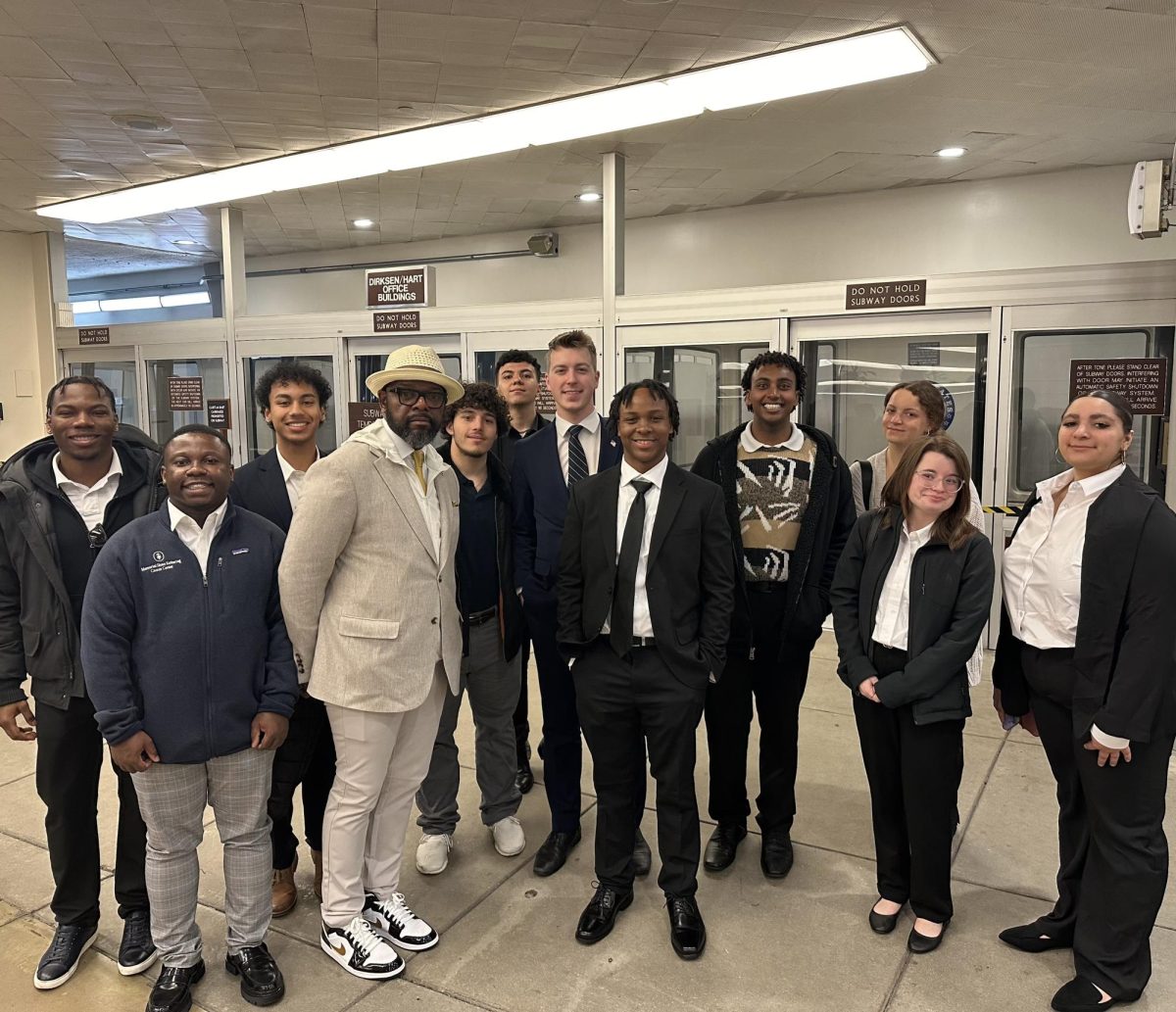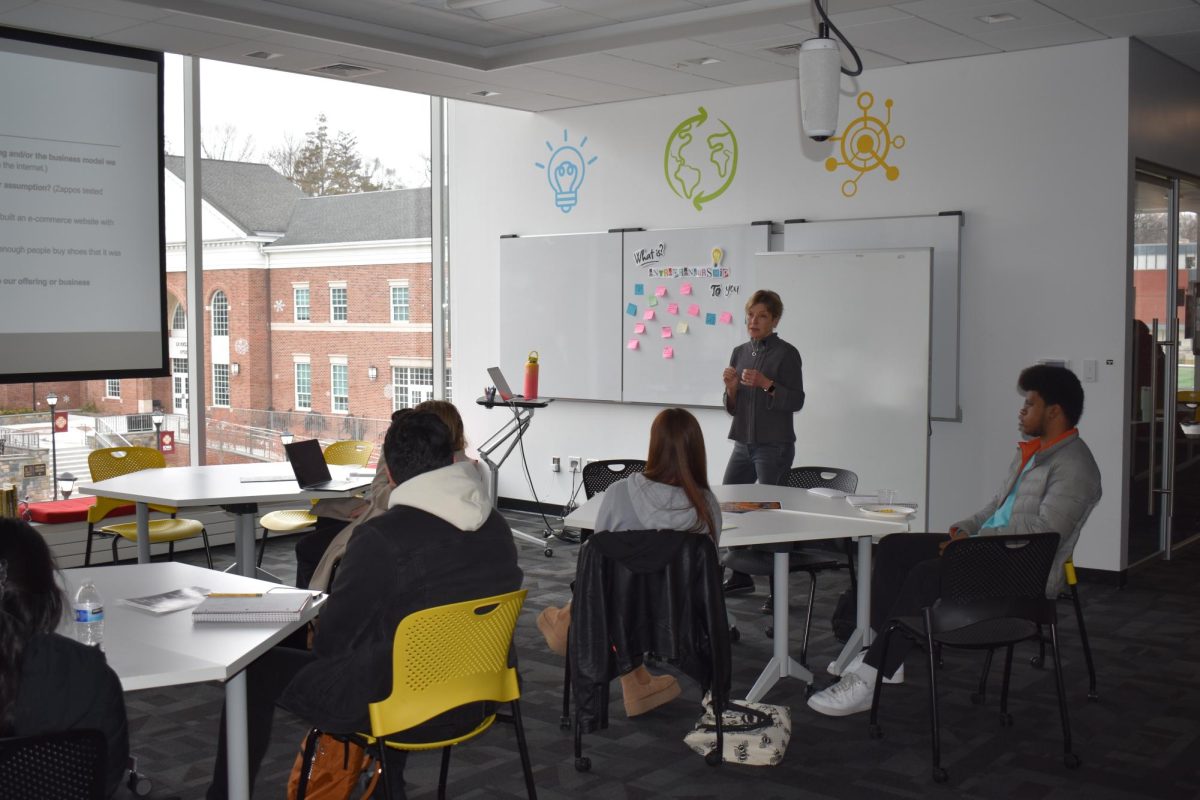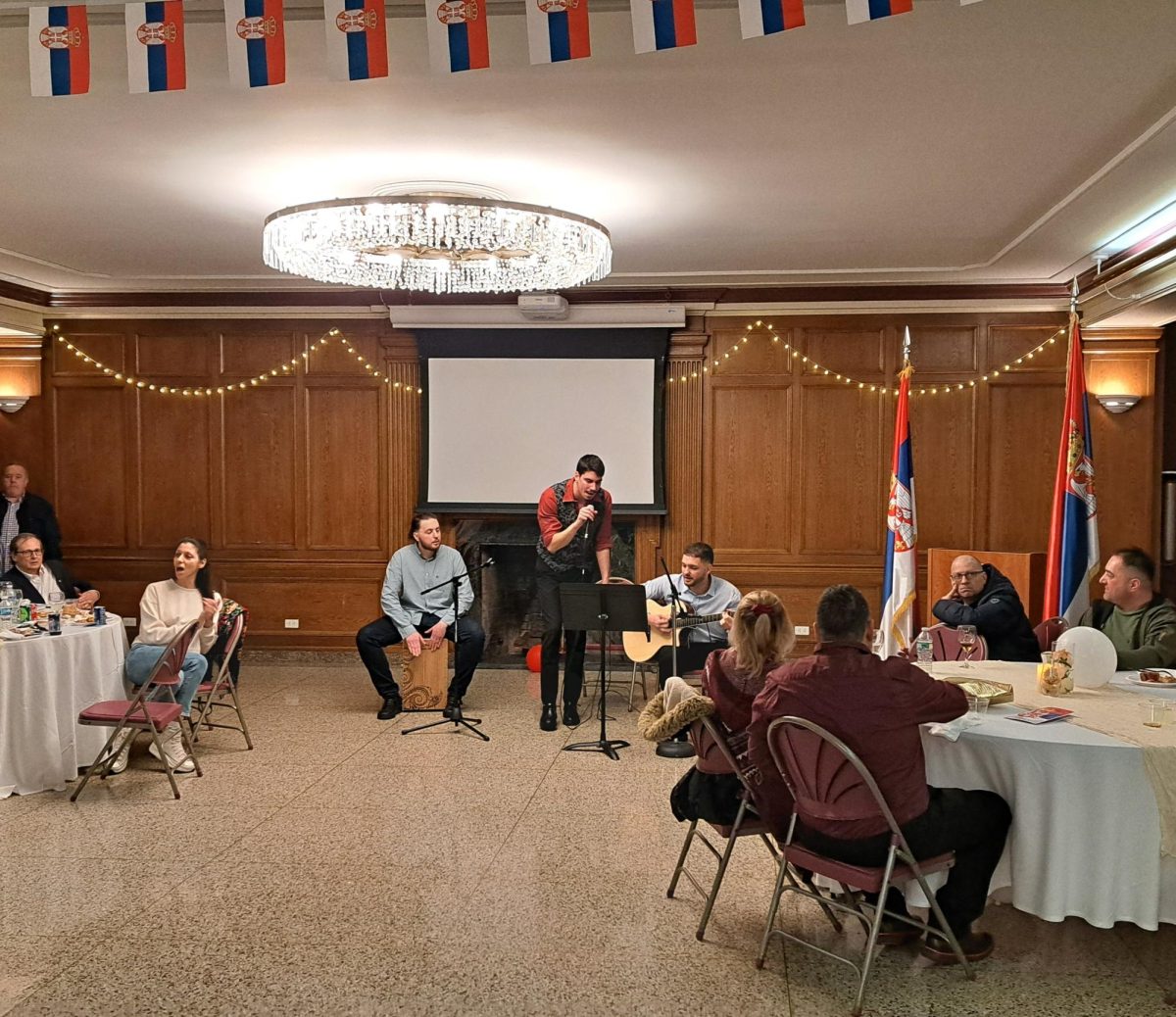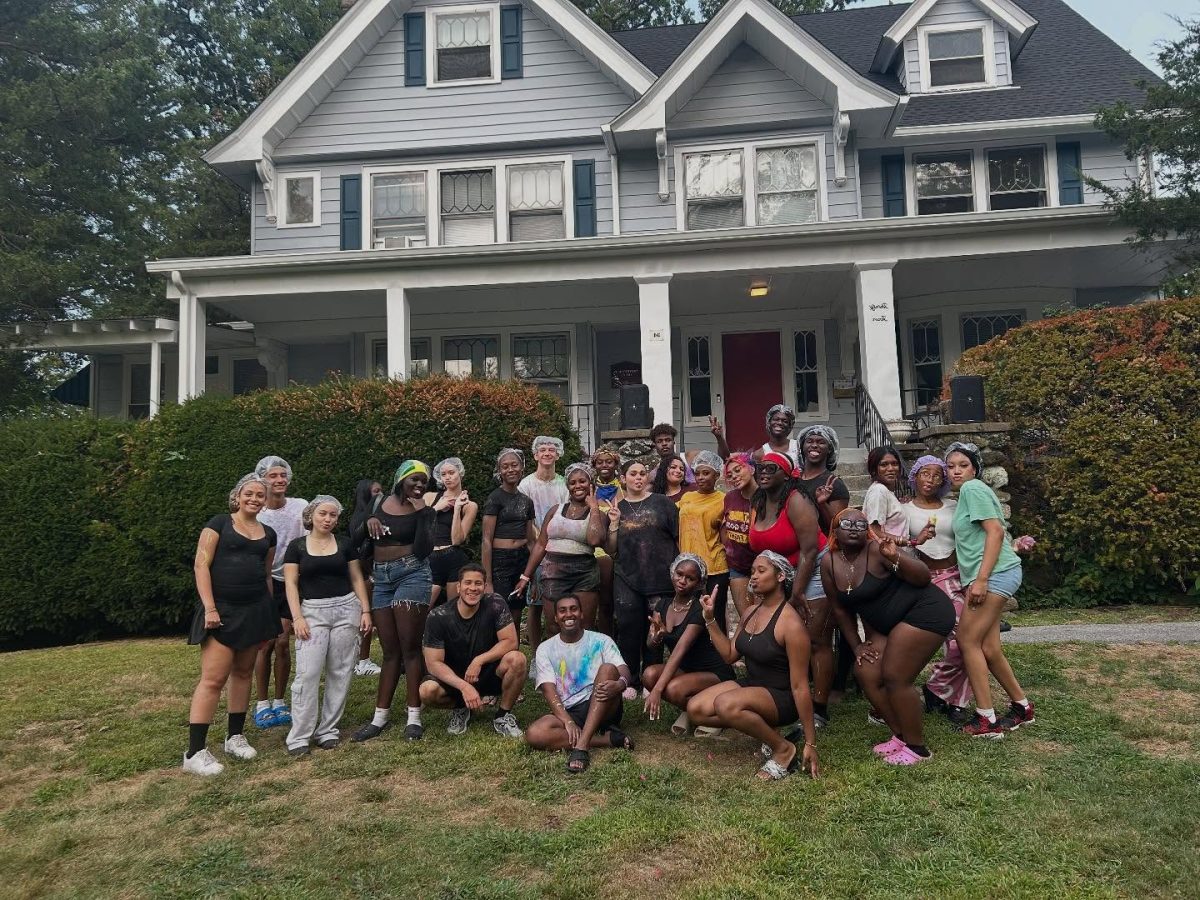G.I.V.E. Grant receives a project extension for four more months.
G.I.V.E has received an extension for its grant from Oct. 1, 2023, through Jan. 31, 2024. These next four months will be dedicated to G.I.V.E’s continued effort in addressing and combatting issues related to Domestic, Dating Violence, Sexual Assault and Stalking. Next month is Domestic Violence Awareness month.
Look out for tabling, events, programs and information on how students and the Iona community can learn more about domestic violence and how to recognize it.
Domestic Violence Awareness.
Domestic violence is a pattern of abusive behavior that individuals use to control their intimate or dating partners. It can include physical, sexual, emotional abuse and other controlling behaviors. The following questions may help you decide whether you are in an abusive relationship:
Does your partner ever . . .
Hit, kick, shove or injure you?
Use weapons or objects against you to threaten to do?
Force or coerce you to engage in unwanted sexual acts?
Threaten to hurt you or others, have you deported, disclose your sexual orientation or other personal information?
Control what you do and who you see in a way that interferes with your work, education or other personal activities?
Use technology to track, monitor or frighten you?
Steal or destroy your belongings?
Constantly criticize you, call you names or put you down?
Make you feel afraid?
Deny your basic needs such as food, housing, clothing or medical and physical assistance?
Intimate Partner Violence.
It can happen to anyone. Domestic violence, also known as intimate partner violence, is a serious and widespread problem. In the United States, one in four women and one in nine men experience contact sexual violence physical violence or stalking by an intimate partner in their lifetime and report negative impacts such as injury, fear, concern for safety and needing services.
Domestic violence can happen to anyone regardless of employment or educational level, race or ethnicity, religion, marital status, physical ability, age, sex, gender identity or sexual orientation. However, the burden of domestic violence is not shared equally across all groups, with women and many racial, ethnic and sexual minority groups being disproportionately affected.
It is not your fault. If you are being abused by your partner, you may feel confused, afraid, angry or trapped. All of these emotions are normal responses to abuse. You may also blame yourself for what is happening. However, please know that abuse is a purposeful and deliberate behavior where one person uses abusive tactics to gain power and control over another person.
Always remember that “Abuse is never the victim’s fault.”
Information from National Resource Center on Domestic Violence.
Dating Violence.
Domestic violence is also referred to as dating violence, relationship violence and intimate partner violence. It can include physical, emotional, verbal and psychological violence, as well as stalking. It is associated with other forms of violence and a variety of serious health consequences and economic impacts.
About one in four women and nearly one in 10 men have experienced contact sexual violence, physical violence or stalking by an intimate partner during their lifetime and reported some form of IPV-related impact.
More than half, 54%, of trans and non-binary people have experienced some form of intimate partner violence, including acts involving coercive control and physical harm.
U.S. crime reports suggest that approximately one in five homicide victims are killed by an intimate partner and reflect that over half of female homicide victims in the U.S. are killed by a current or former male intimate partner.
Information from the Centers for Disease and Control and Prevention and National Resource Center on Domestic Violence.
Resources.
Domestic violence affects millions of people of every race, religion, culture and status. It’s not just punches and black eyes — it’s yelling, humiliation, stalking, manipulation, coercion, threats and isolation. It’s stealing a paycheck or a password, tracking someone online, texting non-stop, constant use the silent treatment, or calling someone stupid so often they believe it.
Please know the Counseling Center, Title IX Office and Campus Safety are your on-campus resources and are available to assist in helping you or a friend get the support that is needed.
Information from Break the Cycle.
Sources:
Intimate Partner Violence.
Dating Violence.
https://www.cdc.gov/violenceprevention/intimatepartnerviolence/index.html
Resources.


